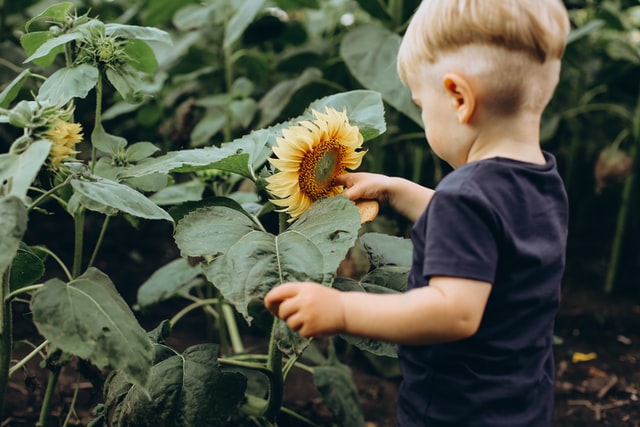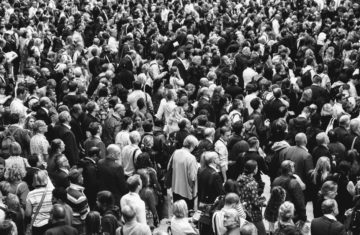Verse 18 teaches us to love undauntedly. It reads,
Even if one has a poor livelihood, is always insulted by people
And is afflicted by a very severe illness or evil spirits,
It is still the practice of a bodhisattva undauntedly to take on
The negativities and sufferings of all living beings.
The Dalai Lama’s translation of this verse encourages us to choose compassion “undauntedly” which feels like an apt word. Because when we’re suffering, it’s easy to want to turn to self-pity or blame. Both of these common reactions limit us because they limit our perspective to our own reality. We forget that we aren’t unique or alone in our suffering.
So instead of thinking only of ourselves, we can choose to allow our suffering to connect us to others. We can remember that everyone is in pain somehow. And we can wish that everyone and everything suffering would instead find relief, joy, happiness. That can include us; but it can’t be limited only to us.
I’ve been pondering Jesus’ command to pray for our enemies- and not only to pray for them, but to love them. This feels so impossible, often because we begin with the question of whether our enemies deserve our prayer, or our kindness. But the question is actually whether we believe in love. Do we trust that compassion and love are the only true remedy to suffering? That they alone can heal us, even as we live in a world where suffering is inevitable?
When we turn our suffering to compassion, we accept this inevitability. Ken McLeod says “we learn to accept that no one can control or even predict what happens in life.” And then “compassion arises naturally. You sit there, heart broken in one way, at peace in another.”
We can’t control suffering, but we can control how we respond to it. When we choose compassion, we find a way for even pain to connect us in love to each other. And then we perhaps feel a level of commitment and even faithfulness to love undauntedly.




